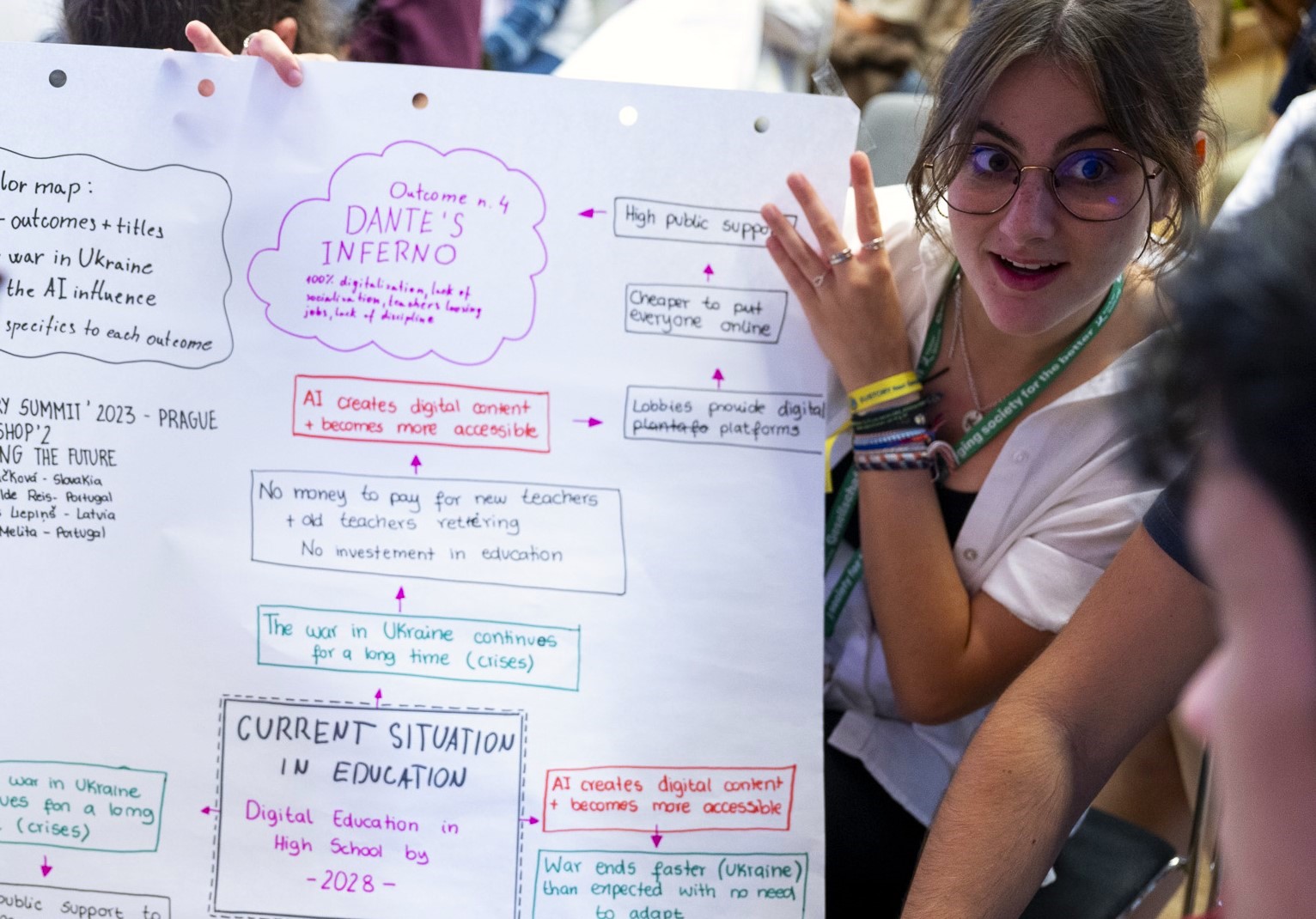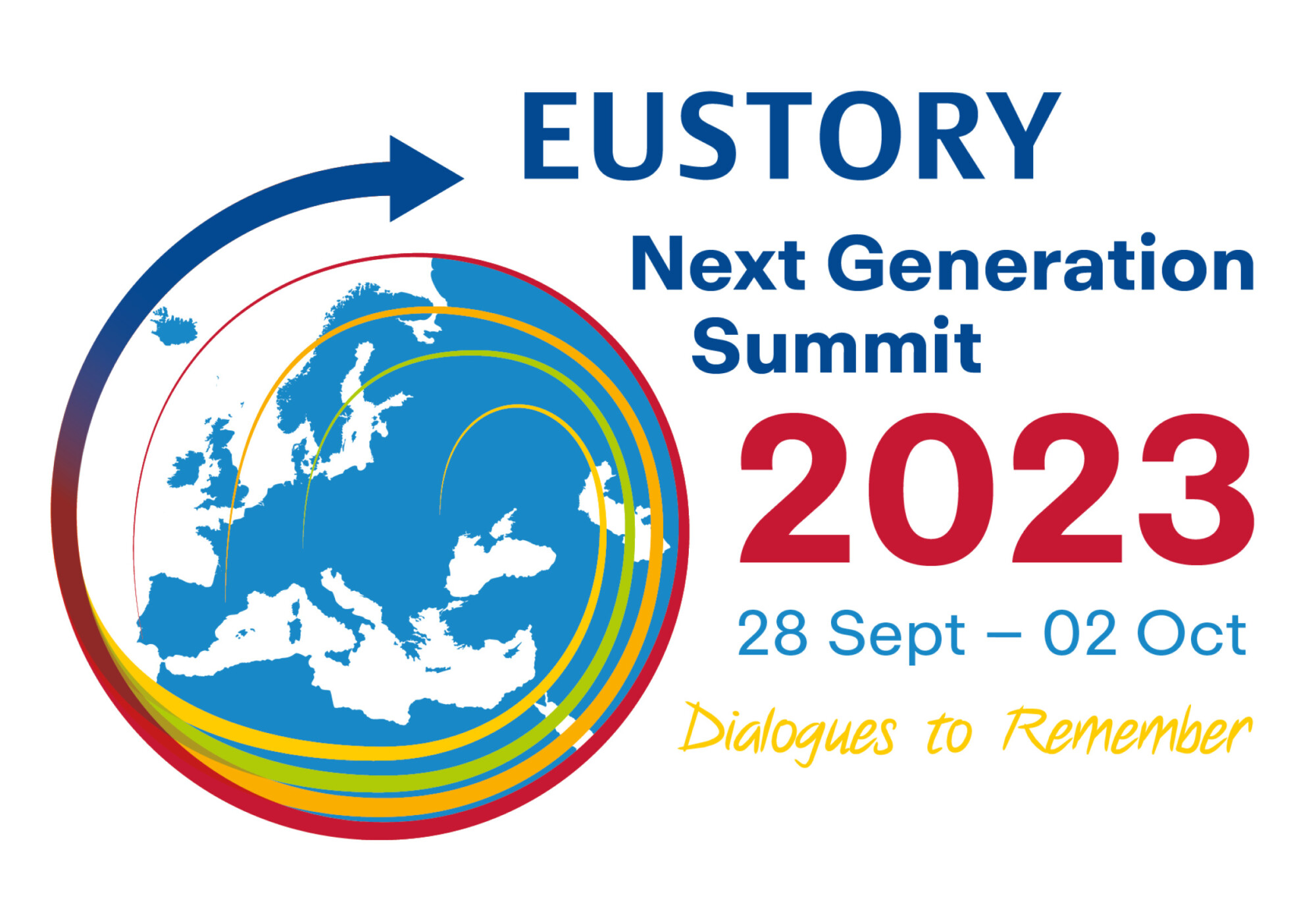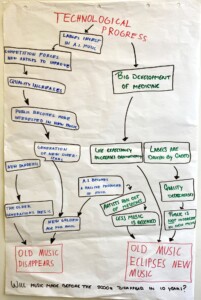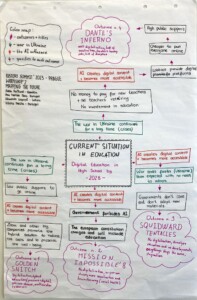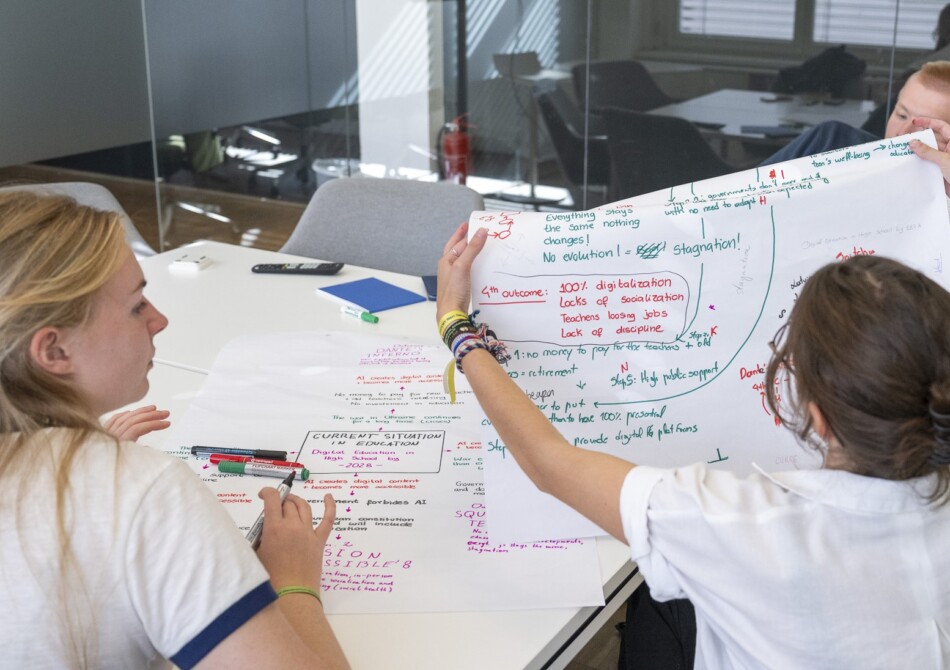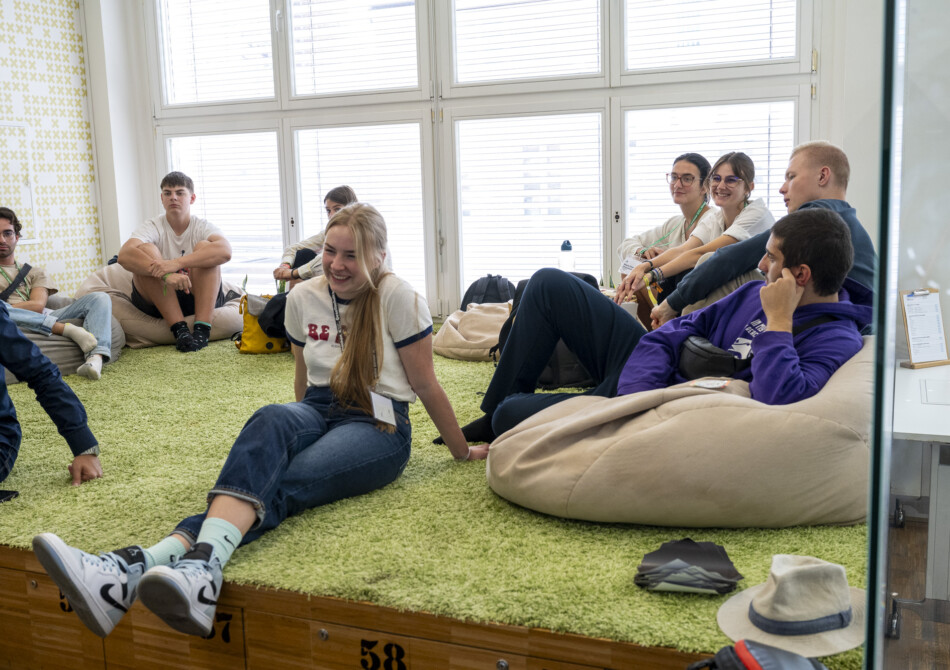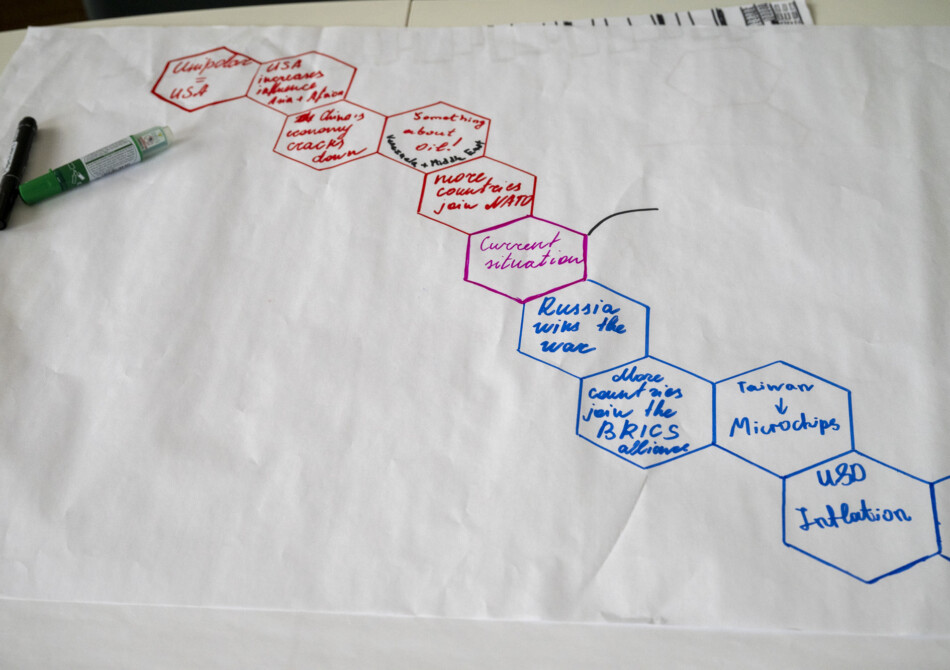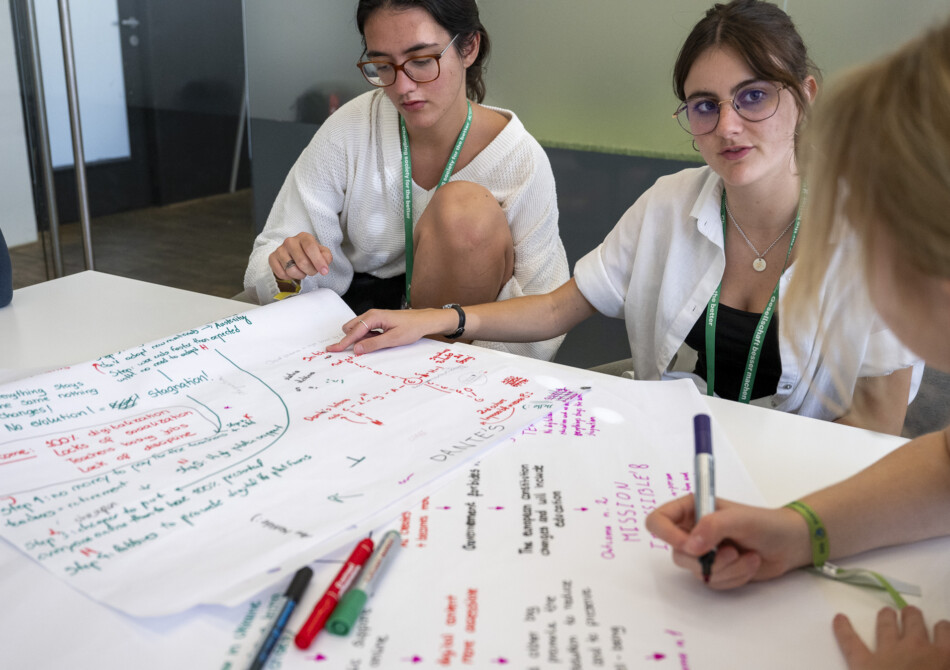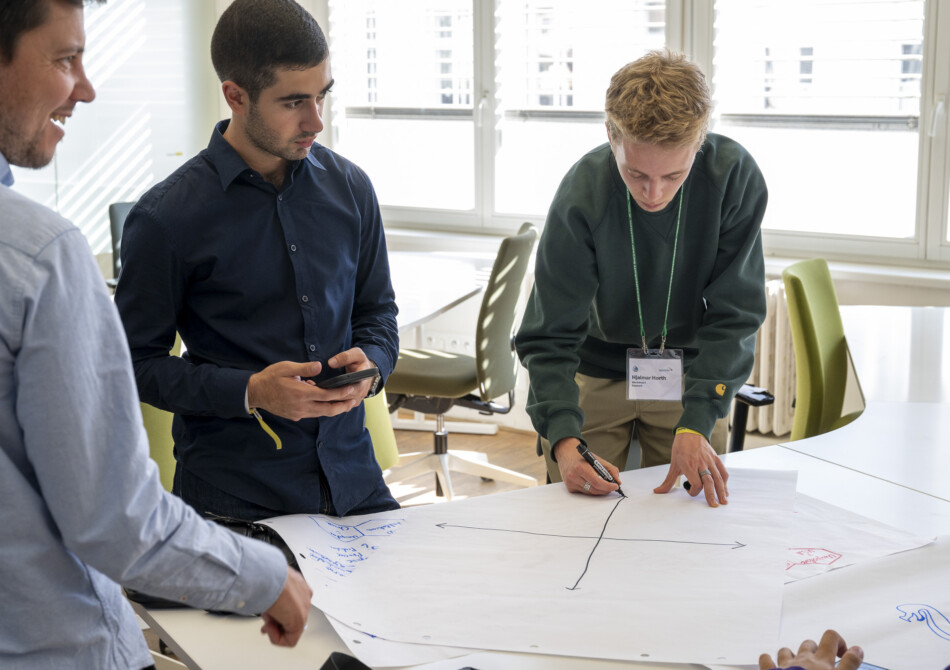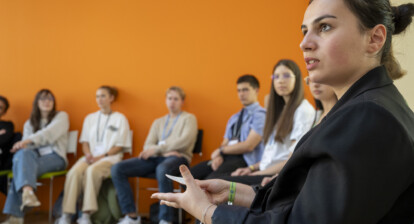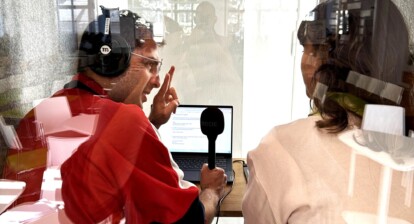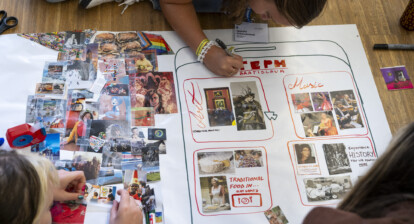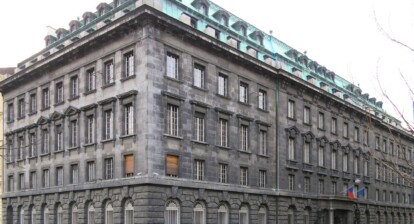We live in tumultuous times. New conflicts arise around the globe and within Europe. In this workshop we endeavoured to use our knowledge of history in an attempt to map possible futures.
Forecasting is about coming up with scenarios that seem likely and think about the probabilities of them happening. Yet the value of answers is hugely determined by how good the questions are that we ask.
In this workshop participants entered a journey to explore possible futures in topics of their interests. First, we explored some commonplace forecasts from the media and tried to interpret what phrases like “highly likely” or “almost certain” and “unlikely” mean in different contexts. We discovered how difficult it is to gauge what such terms actually mean and how we might employ percentages to give a more meaningful answer to questions.
Then participants chose topics that interested them: Will the US or rather China emerge as a leading world power? What will the future of education and of trends in the music industry look like? We figured out the probabilities being time bound so we would know whether our predictions were right.
Participants broke up their respective topics into smaller questions and used historic analogies to get a better grasp on the topics. Based on these, they discussed their different takes and how these are influenced by their backgrounds from different countries. The final task: mapping scenarios and thinking about the probabilities of those outcomes as well as what events might indicate whether one or the other would be unfolding. We got a deeper understanding of the ambiguous nature of history as it unfolds as opposed to the one that is written about.
Workshop Insights
Video 1: Ana Matilde and María
Video 2: Tim Mattias and Isaías
Behind the Scenes
This workshop was organised with
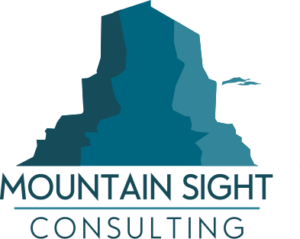
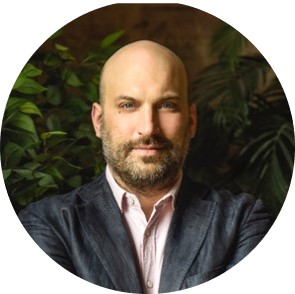
Daniel Vattay
Complexity Expert
Budapest, Hungary
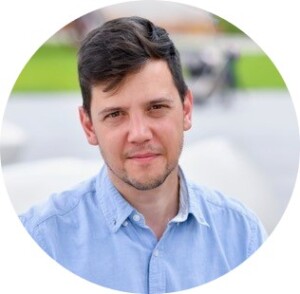
Béla Kuslits
Policy Expert
Brussels, Belgium

